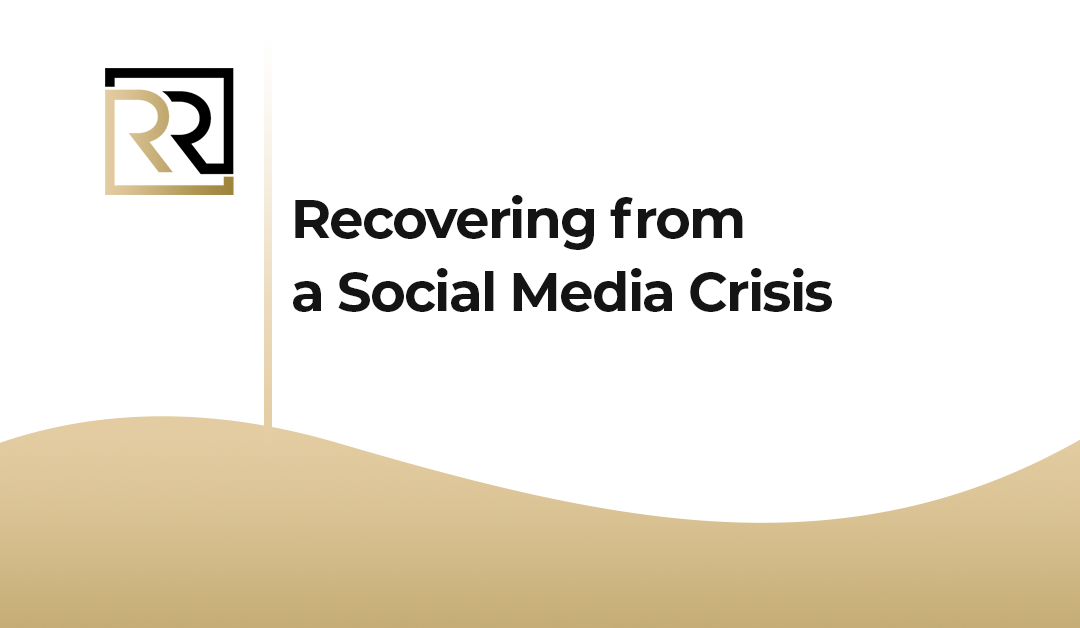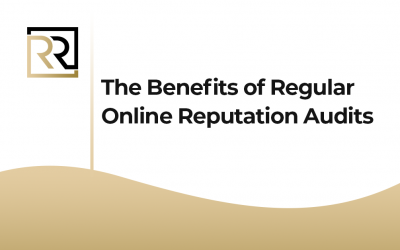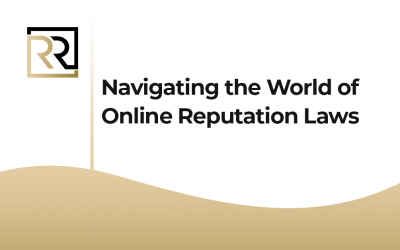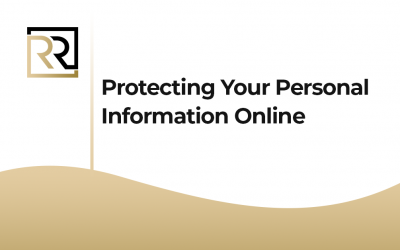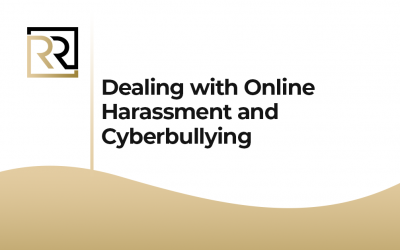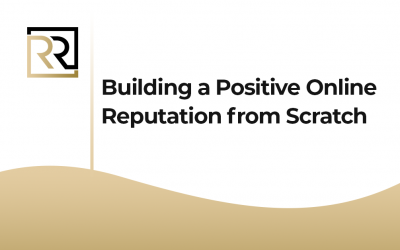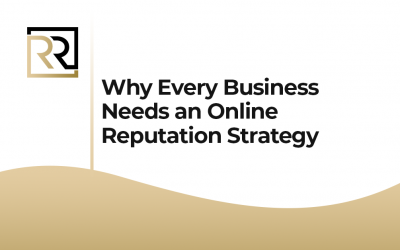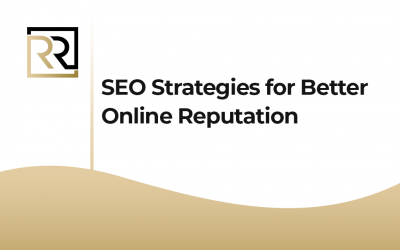Recovering from a Social Media Crisis
A Comprehensive Guide to Recovering from a Social Media Crisis
Take care of your corporate reputation management. In the dynamic landscape of social media, where information travels at the speed of a click, businesses and individuals are susceptible to facing social media crises. Whether it’s a viral negative campaign, a PR disaster, or a public backlash, navigating a social media crisis demands a strategic and decisive approach. This comprehensive guide explores the steps and tactics to effectively recover from a social media crisis, rebuild trust, and emerge stronger than before.
Understanding the Impact of Social Media Crises
- Swift Response Requirement: Firstly, Social media crises unfold rapidly, demanding immediate attention. Thus, delayed responses can exacerbate the situation, allowing negativity to spread. Therefore, recognize the urgency and act promptly to address the crisis head-on.
- Amplification of Negative Sentiment: Furthermore, social media platforms amplify both positive and negative sentiment. Thus, a crisis has the potential to go viral quickly, reaching a vast audience. Consequently, understanding the reach and impact of social media is essential for formulating an effective recovery strategy.
Immediate Crisis Management Steps
- Pause and Assess: Firstly, when a crisis erupts, take a moment to pause and assess the situation objectively. Moreover, identify the root cause, the scale of the issue, and potential implications. Hence, a clear understanding is crucial for formulating an appropriate response.
- Designate a Crisis Management Team: Further, establish a crisis management team comprising individuals with expertise in PR, social media, and relevant departments. Accordingly, this team will play a pivotal role in orchestrating the response, ensuring a coordinated and strategic approach.
Crafting a Thoughtful Response
- Transparent Communication: On top of that, transparency is paramount in a social media crisis. Therefore, craft a thoughtful and transparent response acknowledging the issue. Also, avoid deflecting blame and take responsibility for any mistakes or shortcomings.
- Show Empathy and Understanding: In addition, demonstrate empathy and understanding towards those affected by the crisis. Acknowledge the concerns and emotions of your audience. Hence, a humanized response helps in rebuilding trust and mitigating further damage.
Utilizing Social Media Platforms Effectively
- Select the Right Platforms: Firstly, identify the social media platforms where the crisis is most prominent. Further, focus your efforts on these platforms to ensure that your response reaches the affected audience directly.
- Addressing the Crisis Publicly: In many cases, it’s advisable to address the crisis publicly on social media. Therefore, craft a concise and genuine message that communicates your commitment to resolving the issue and outlines the steps being taken.
Turning Negatives into Positives
- Learn and Iterate: A social media crisis is an opportunity for learning and improvement. Therefore, analyze the root causes, assess the effectiveness of your response, and iterate your crisis management strategy accordingly. What’s more, use the experience as a catalyst for positive change.
- Engage in Transparent Conversations: Engage in transparent conversations with your audience. Address questions and concerns openly, providing updates on the steps being taken to rectify the situation. What’s more, transparency fosters a sense of accountability and trust.
Rebuilding Trust through Actions
- Implement Corrective Measures: Take concrete actions to rectify the issues that led to the crisis. Also, implement corrective measures, whether it involves improving internal processes, addressing product issues, or revisiting communication strategies.
- Highlight Positive Initiatives: Furthermore, showcase positive initiatives and changes that arise from the crisis. Whether it’s improved customer service, enhanced product features, or community outreach, highlight these positive aspects to demonstrate commitment to improvement.
Leveraging Influencers and Advocates
- Seek Support from Advocates: Leverage the support of brand advocates and loyal customers. Therefore, encourage positive testimonials and reviews to counterbalance negative sentiment. What’s more, the authentic voices of satisfied customers can be powerful in rebuilding trust.
- Engage with Influencers: Influencers can play a significant role in reshaping perceptions. Therefore, engage with influencers who align with your brand values and ask for their support in spreading positive messages. What’s more, their endorsement can contribute to rebuilding credibility.
Monitoring and Analyzing the Impact
- Utilize Social Listening Tools: Employ social listening tools to monitor ongoing conversations related to the crisis. Therefore, stay informed about the sentiment, track mentions, and identify areas that may require further attention.
- Analyze Key Metrics: Measure the impact of your recovery efforts by analyzing key metrics such as engagement, sentiment, and brand mentions. Moreover, understanding the effectiveness of your strategies allows for real-time adjustments and continuous improvement.
Preparing for Future Crises
- Develop a Crisis Response Plan: Indeed, learn from the experience and develop a comprehensive crisis response plan. That is, anticipate potential issues, outline communication strategies, and designate responsibilities within your crisis management team.
- Training and Simulation Exercises: Regularly conduct training and simulation exercises to ensure your team is well-prepared for handling future crises. Further, simulating crisis scenarios allows for refining response strategies and improving overall preparedness.
Seeking Professional Guidance if Necessary
- Engage with Reputation Management Experts: Furthermore, if the impact of the crisis is severe or if internal resources are insufficient, consider seeking guidance from reputation management experts. Professionals in this field specialize in navigating complex online crises and can provide valuable insights.
- Utilize Crisis Management Consultancies: Crisis management consultancies offer specialized services in crafting effective crisis response strategies. Hence, their expertise can be instrumental in navigating challenging situations and mitigating reputational damage.
Conclusion: Recovering from a Social Media Crisis
Recovering from a social media crisis requires a strategic, empathetic, and proactive approach. Therefore, by addressing the crisis promptly, crafting transparent responses, utilizing social media effectively, learning from the experience, and taking concrete actions to rebuild trust, businesses and individuals can not only weather the storm but emerge stronger. Further, the key lies in continuous improvement, engagement with stakeholders, and a commitment to transparency and accountability. Also, in the ever-evolving landscape of social media, a well-executed recovery strategy can turn a crisis into an opportunity for positive change and growth.
Services
Our Services
Search Engine Content Removal
Social Media Content Removal
Positive Content Creation
Online Reviews Optimization
Search Results Optimization
Learn
Our Blog
The Benefits of Regular Online Reputation Audits
The Strategic Advantages of Regular Online Reputation Audits Chiefly, in an era where digital presence plays a pivotal role in personal and professional success, the importance of maintaining...
Navigating the World of Online Reputation Laws
A Comprehensive Guide to Online Reputation Laws In today's interconnected world, where digital interactions shape perceptions and influence decisions, online reputation has become a valuable...
Protecting Your Personal Information Online
Protecting Your Personal Information Online - A Comprehensive Guide In an age where our lives are increasingly intertwined with the digital realm, protecting your personal information online has...
Using Customer Feedback to Boost Your Online Image
Boost Your Online Image by Leveraging Customer Feedback In the digital age, where online reputation can make or break a business, customer feedback serves as a potent tool for shaping and...
Dealing with Online Harassment and Cyberbullying
A Comprehensive Guide to Dealing with Online Harassment and Cyberbullying In an era dominated by digital interactions, the dark side of the internet—online harassment and cyberbullying—has...
Leveraging Content Marketing for Reputation Management
Harnessing the Power of Content Marketing for Reputation Management In today's digital landscape, where perceptions are shaped by online content, corporate reputation management is more...
Building a Positive Online Reputation from Scratch
A Guide to Building a Positive Online Reputation from Scratch In the digital age, where first impressions are often formed through online interactions, building a positive online reputation...
Why Every Business Needs an Online Reputation Strategy
The Crucial Role of an Online Reputation Strategy for Every Business Further, in the age of digital connectivity, the reputation of a business is no longer confined to word-of-mouth...
SEO Strategies for Better Online Reputation
Proven SEO Strategies for better Online Reputation In the ever-evolving landscape of the digital world, maintaining a positive online reputation is imperative for individuals and businesses...


